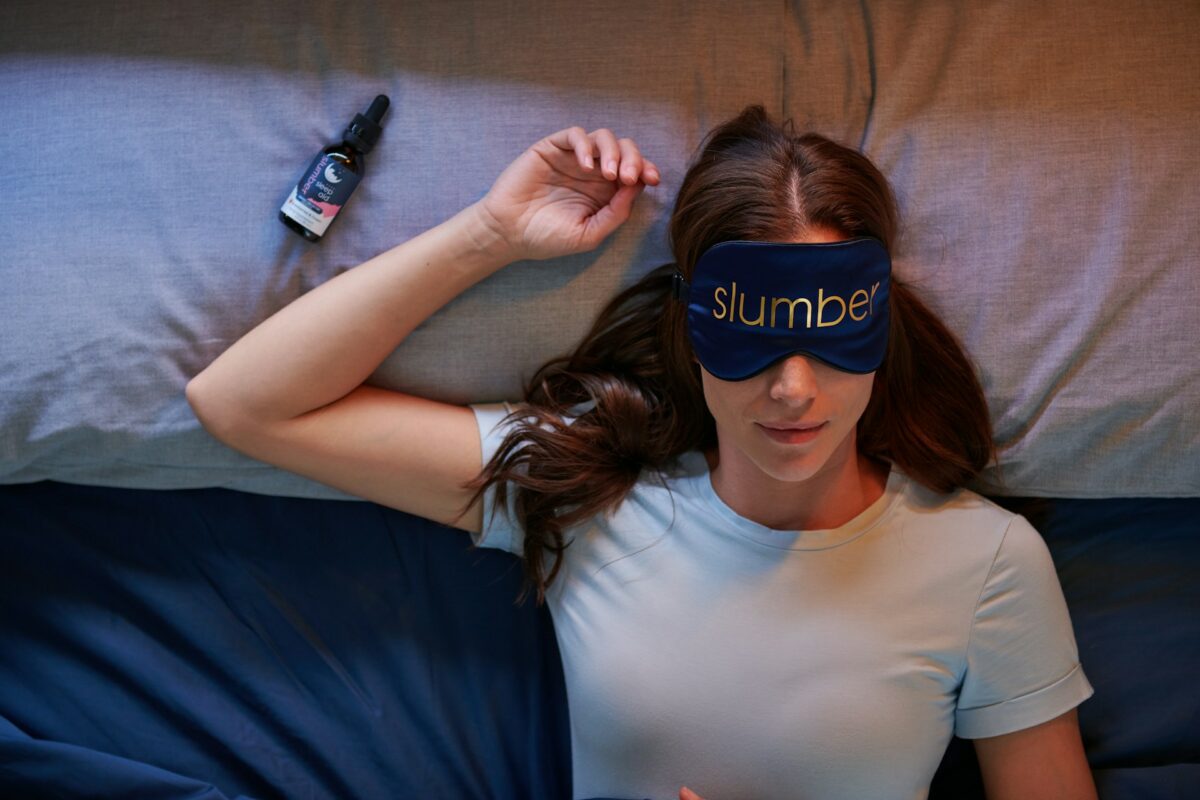There are a lot of sleep misconceptions floating around—how many have you heard? While we know more about sleep than we ever have, making it a priority is only just becoming popular in our culture and many sleep myths remain.
Incorrect sleep beliefs or misinformation may harm your health and well-being. One of the important things we do in our sleep clinics is dispel common sleep myths so that everyone may sleep better and manage their sleep more effectively.
Common Sleep Myths Debunked
While some sleep myths are accurate, the majority have little or no proof or are just false. This is why it’s critical to dispel these misunderstandings. Here are some prevalent yet false sleep misconceptions that you can frequently hear.
It’s Better to Get More Sleep
Hypersomnia, or sleeping excessively, may be just as harmful to your health as insomnia or sleeping insufficiently. Sleeping too much is connected to a number of the same health issues as sleeping little, including:
- Diabetes
- Obesity
- Cognitive Impairment
- Cardiovascular Disease
If you’re sleeping for nine hours or more every night and still don’t feel refreshed in the morning, you’re oversleeping and may be suffering from an underlying sleep issue.
It’s Normal to Snore
While everyone snores now and then—loud, regular snoring is not natural.
Loud snoring is a typical sign of obstructive sleep apnea, a sleep disease that, if left untreated, can lead to major health problems. One sign of obstructive sleep apnea is loud snoring; others include:
- During sleep, you may hear gasping, coughing, or snorting sounds
- Observable periods of respiratory pauses
- Urge to urinate more frequently during the night
- In the morning, you may experience headaches, dry mouth, and a sore throat
- Having difficulty concentrating during the day
It’s recommended to visit a sleep center if you’re experiencing these symptoms. Even if your snoring is not considered that loud or disruptive, you should still have it assessed as any level of snoring can lead to a decrease in airflow.
Stay in Bed If You Have Trouble Falling Asleep
Staying in bed can’t help you if you can’t sleep. Rather, get out of bed to divert your attention with a low light and low stress activity for a few minutes, letting you fall asleep easily when you return to bed.
You Can Function Well on Less Than 5 Hours of Sleep
When you don’t get enough sleep, you’re more likely to gain weight, become ill, forget things, and be less able to study. Poor sleep can make you less affectionate in relationships and less interested in sex and intimacy, harming your relationships. It also increases your risk of being in a car accident.
When you don’t get enough sleep, your chances of developing diseases like heart disease, cancer, diabetes, and Alzheimer’s increase. You can lower the risk by visiting a sleep clinic in Vancouver if getting 6-8 hours of sleep every night is a struggle for you.
Conclusion
A restful night’s sleep should not be viewed as a luxury or an inconvenience. A good night’s sleep is vital for your health, and not getting enough of it may have a lot of negative consequences for your productivity, physical and mental health, and general well-being. See a sleep specialist to learn more information about sleep health.
As your go-to sleep specialist, Sleep Better Live Better provides RightSleep Therapy, which is a comprehensive evaluation of the most important vitamin levels that influence your sleep. If you’ve checked out all other possibilities and have trouble sleeping, a simple blood test will determine whether you’re a candidate for this program. Book a consultation now!





